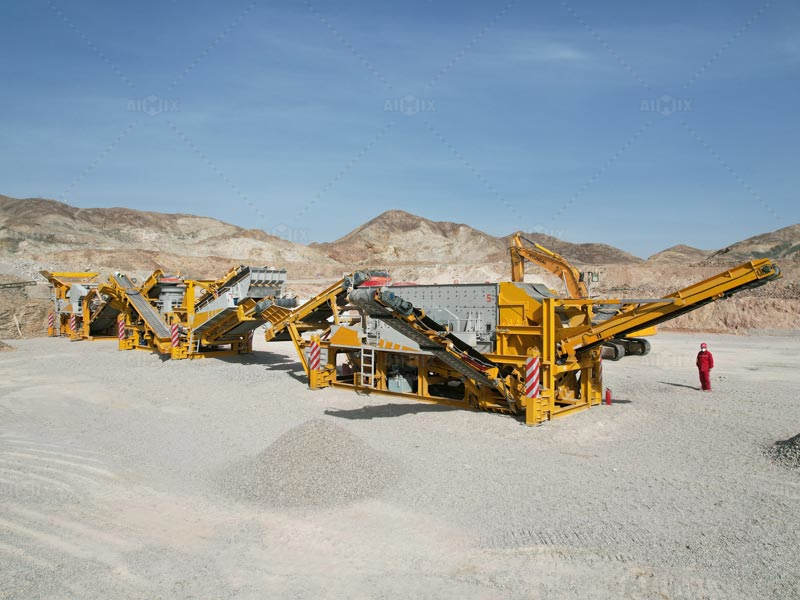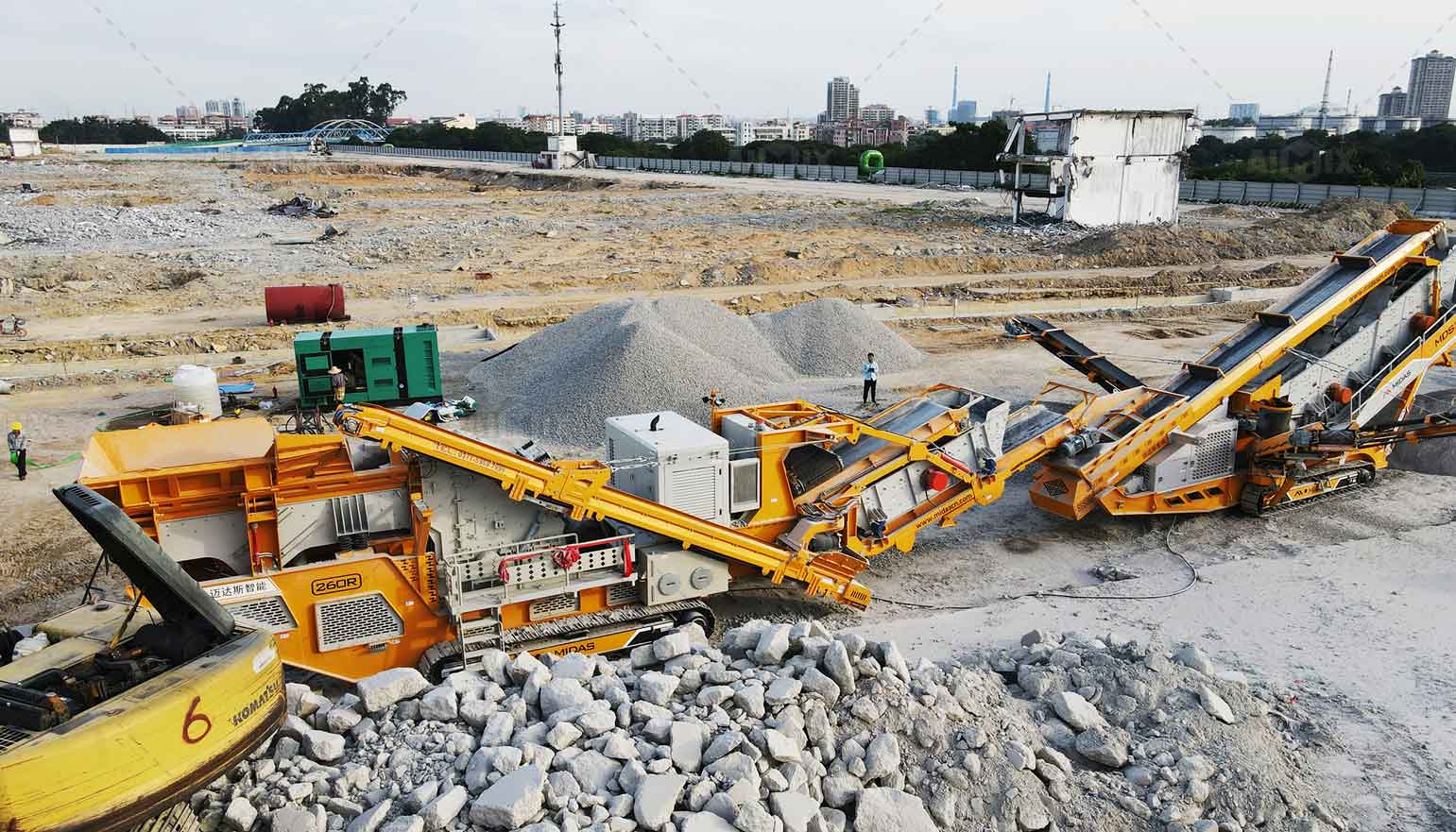Which Crushing Equipment is More Suitable for Crushing High-Hardness Rocks?
When faced with the challenge of crushing high-hardness rocks, selecting the appropriate crushing equipment becomes a critical decision for industries such as mining and construction. Different types of crushing machines are available, each with unique characteristics. This article explores the factors influencing the choice between various crushing equipment options to ensure efficient and effective rock crushing in demanding scenarios.
Understanding High-Hardness Rocks
1. Characteristics of High-Hardness Rocks
High-hardness rocks, including granite, basalt, and quartzite, pose a formidable challenge due to their dense and durable nature. Crushing such rocks requires equipment that can withstand substantial impact and pressure, making the selection process crucial for successful operations of crusher machine.
2. Importance of Proper Crushing Equipment
The right crushing equipment not only ensures the effective reduction of high-hardness rocks but also minimizes wear and tear on the machinery. It contributes to improved operational efficiency, reduced maintenance costs, and enhanced overall productivity.

Options for Crushing High-Hardness Rocks
1. Jaw Crushers
Jaw crushers are widely used for primary crushing and are known for their simplicity and efficiency. They are suitable for high-hardness rocks as the primary crushing stage. The mechanism involves a pair of vertical jaws exerting pressure to break the rock into smaller fragments. However, jaw crushers may have limitations in handling extremely hard materials.
2. Cone Crushers
Cone crushers are well-suited for secondary and tertiary crushing stages, offering a cone-shaped crushing surface. They excel in crushing high-hardness rocks due to their robust design and the ability to maintain a constant product size. Cone crushers are often preferred for their versatility and efficiency in handling challenging materials.
3. Impact Crushers
Impact crushers deliver high-speed impact force to the rocks, resulting in the generation of fines and smaller particles. They are effective for crushing high-hardness rocks, providing a good balance between reduction ratio and fines production. Impact crushers are suitable for both primary and secondary crushing applications.

Factors Influencing the Choice
1. Material Hardness and Abrasiveness
Understanding the material properties ensures the selection of a machine that can withstand the challenges posed by high-hardness rocks. The specific hardness and abrasiveness of the rocks play a pivotal role in choosing the right crusher rock.
2. Desired Output Size
The required output size influences the choice between different crushing equipment. Jaw crushers are suitable for larger rocks, while cone crushers and impact crushers may be more effective in producing smaller, uniform particles.
Conclusion
Choosing the appropriate crushing equipment for high-hardness rocks is a critical decision that directly impacts the success of mining and construction operations. Considering factors such as material hardness, desired output size, and the unique characteristics of each type of crusher ensures the selection of machinery that can efficiently and effectively handle the challenges posed by high-hardness rocks. By making informed choices, industries can optimize their rock crushing processes, leading to improved productivity and reduced operational costs.
- Industry
- Art
- Causes
- Crafts
- Dance
- Drinks
- Film
- Fitness
- Food
- Games
- Gardening
- Health
- Home
- Literature
- Music
- Networking
- Other
- Party
- Religion
- Shopping
- Sports
- Theater
- Wellness
- News


